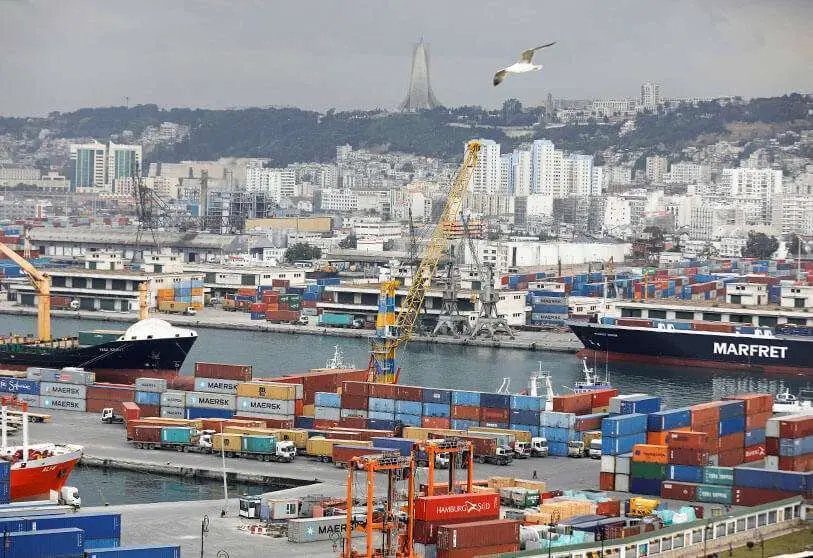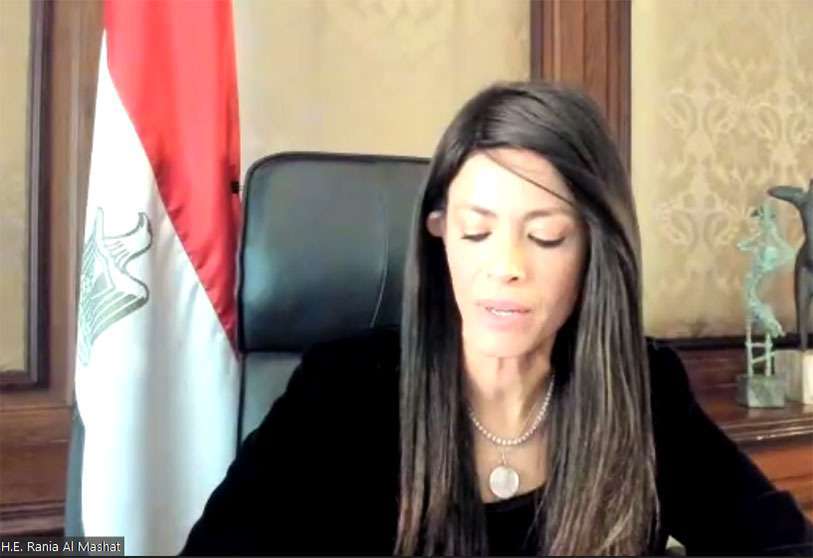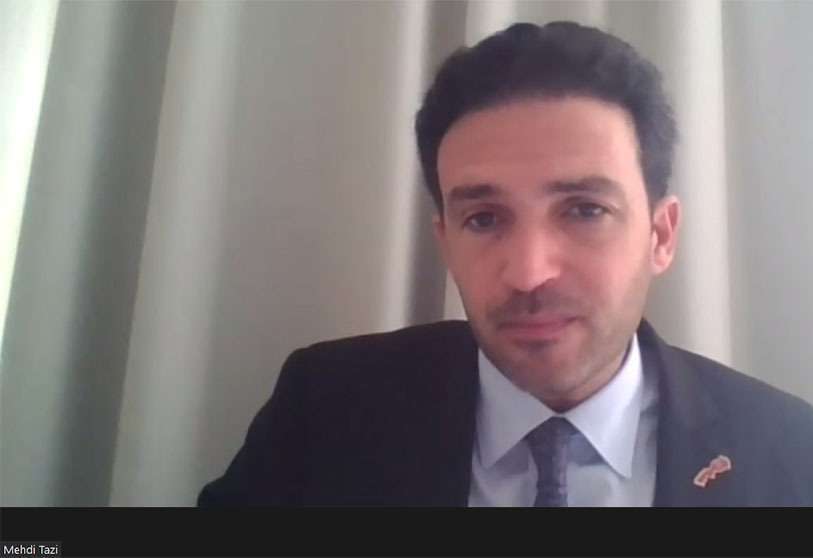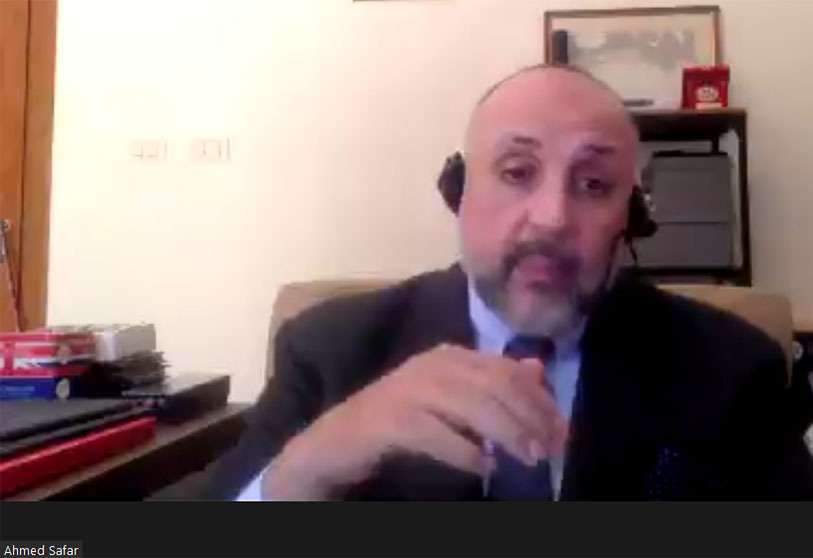Women and youth to lead MENA economic recovery

The MENA region is emerging as a new zone of influence that claims to be the future of new economic horizons. In an environment strongly marked by internal tensions, the economic and social crisis caused by the development of the COVID-19 pandemic has been added to this. In this situation, unemployment and precariousness have reached worrying levels that especially affect a key population sector in the area: young people and women.
Along these lines, on the second day of the MENA-OECD Summit, different solutions were discussed to tackle economic recovery in the context of the pandemic. In this regard, special emphasis was placed on the need to create new job opportunities and promote digital training for young people, especially women.
According to the intervention of the former Minister of Planning and International Cooperation of Jordan, Mary Kawar, women "take longer than men to find work". According to Kawar, 42% of the population is unemployed, with almost 30% of the total being women. In this sense, in 2020, 70% of the young population actively looking for work would not be able to find a job. In this regard, the Summit raised the urgent need to create inclusive jobs that ensure gender parity and are more respectful of the environment.

The Egyptian Minister of International Cooperation, Rania Al Mashat, highlighted "the important role that Egypt plays in the development of the MENA region". Al Mashat stressed that Egypt is promoting sustainable industry", stating that "90% of sustainable projects were on the right track". He also stressed that Egypt is looking forward to cooperating and strengthening its relations with the OECD, underlining the need to "keep looking forward".
Another country that has been of particular relevance to the Summit has been Algeria. The Algerian Minister of Foreign Affairs, Yacine Oualid, stressed that the empowerment of young people "is key to boosting the country's economy". According to the minister, "our ambition is to become one of the leaders in digitalisation in the MENA region".The country's economic reforms include the digital economy, also known as the 'Web Economy', and the strengthening of the market economy.
In addition, Algeria is using mechanisms to finance digital economy startups. In Oualid's words, "the region needs new categories of young entrepreneurs who will lead business leadership through sustainable and environmentally friendly methods". In this way, Algeria is taking a leading role in promoting new businesses that seek to focus on youth and innovation as "high-tech companies tend to grow very fast in the right period of time". In this regard, the minister gave as an example of innovation the measures taken by the country in terms of youth employability as "it can serve as a case study for ministries in other countries".

On the other hand, the president of CEOE International, Marta Blanco, stressed the importance of maintaining a permanent dialogue between the private sector and the public sector. In this sense, she pointed out that "covid is a new opportunity to carry out all the projects that we wanted to carry out". These projects are aimed at empowering women and youth through "social dialogue" and through a digital and sustainable transition. In these guidelines, Blanco encouraged the economic recovery path to be "more competitive and resilient".
Agriculture is another of the key issues on the table during the Summit. The secretary general of CIHEAM, Plácido Plaza, stressed that the primary sector is "crucial for the balance sheet of our societies". He added that "very few people want to work the land because of the poor working conditions to which they are exposed". He added that it is necessary to "promote agriculture and fishing" in one of the regions most affected by unemployment.
He also explained that "the new food paradigm is subject to new population demands that require quality, sustainable and healthy food". To this, Plaza pointed out the importance of increasing transparency in "terms of food security".

Uno de los términos más empleados durante la Cumbre y una de las claves para comenzar la recuperación económica es la interseccionalidad. Según la vicepresidenta de Educación y miembro de la Junta Directiva, Madiha Nasr es necesario evolucionar en términos de interseccionalidad que engloben todos los géneros, edades, habilidades, razas y clases sociales. Para Nasr, “los emprendedores son los lideres que deben integrar la interseccionalidad en sus líneas”. Otro de los aspectos presentados fue la desigualdad de género ya que “sigue siendo uno de los principales problemas en la región” y habría que generar reformas en este aspecto “proporcionando a las mujeres puesto de trabajo equitativos y promoviendo el acceso a la tecnología”. En este sentido, la inclusión de la mujer impactaría en términos económicas de forma “muy positiva”.
One of the most used terms during the Summit and one of the keys to start the economic recovery is intersectionality. According to Madiha Nasr, Vice President for Education and member of the Board of Directors, it is necessary to evolve in terms of intersectionality that encompasses all genders, ages, abilities, races and social classes. For Nasr, "entrepreneurs are the leaders who need to integrate intersectionality into their line of work". Another aspect presented was gender inequality, since "it continues to be one of the main problems in the region" and reforms should be generated in this aspect "by providing women with equal jobs and promoting access to technology". In this sense, the inclusion of women would have a "very positive" economic impact.
Thus, the MENA region aims to upgrade itself in terms of employability by focusing on youth and including women in all sectors. In this aspect, the region wants to position itself as a new emerging opportunity in which the construction of employment and inclusion is boosted in a context of a health crisis that has affected all vital fields and which aims to be a new cradle of global development through digitalisation, inclusion and respect for the environment.









